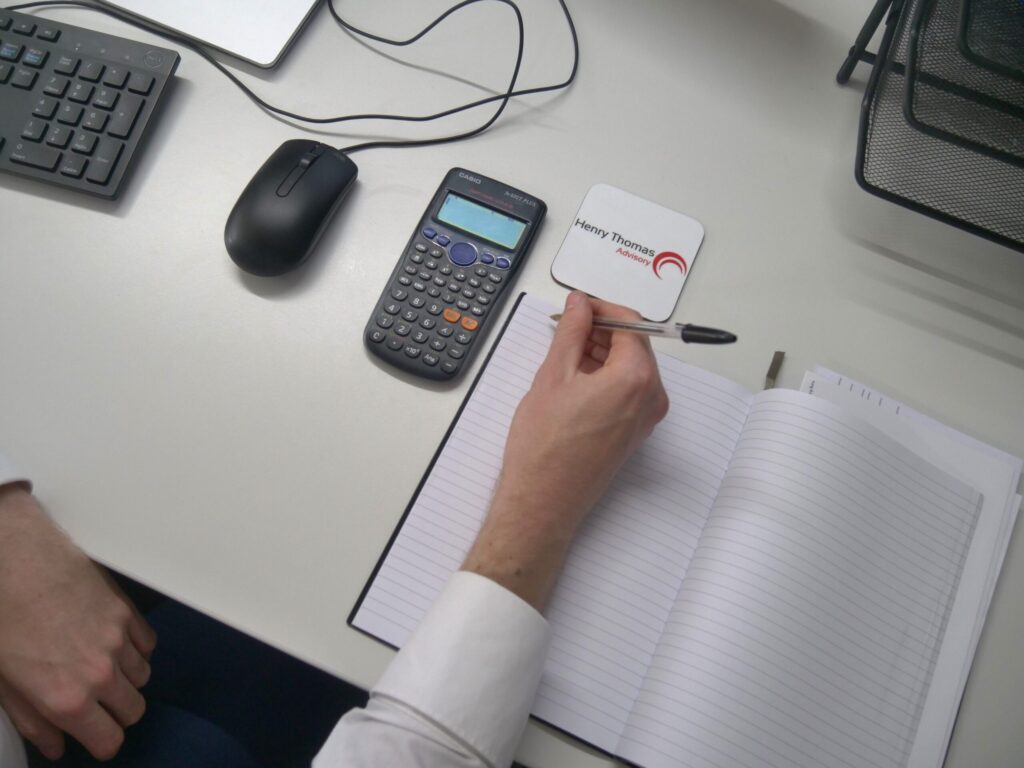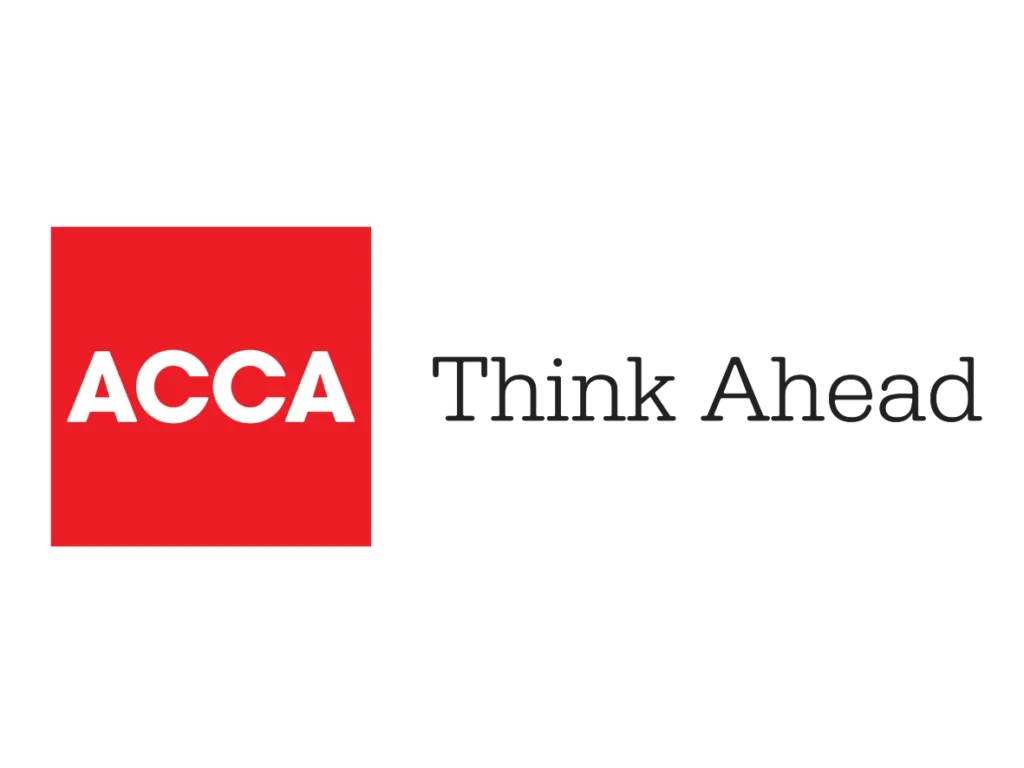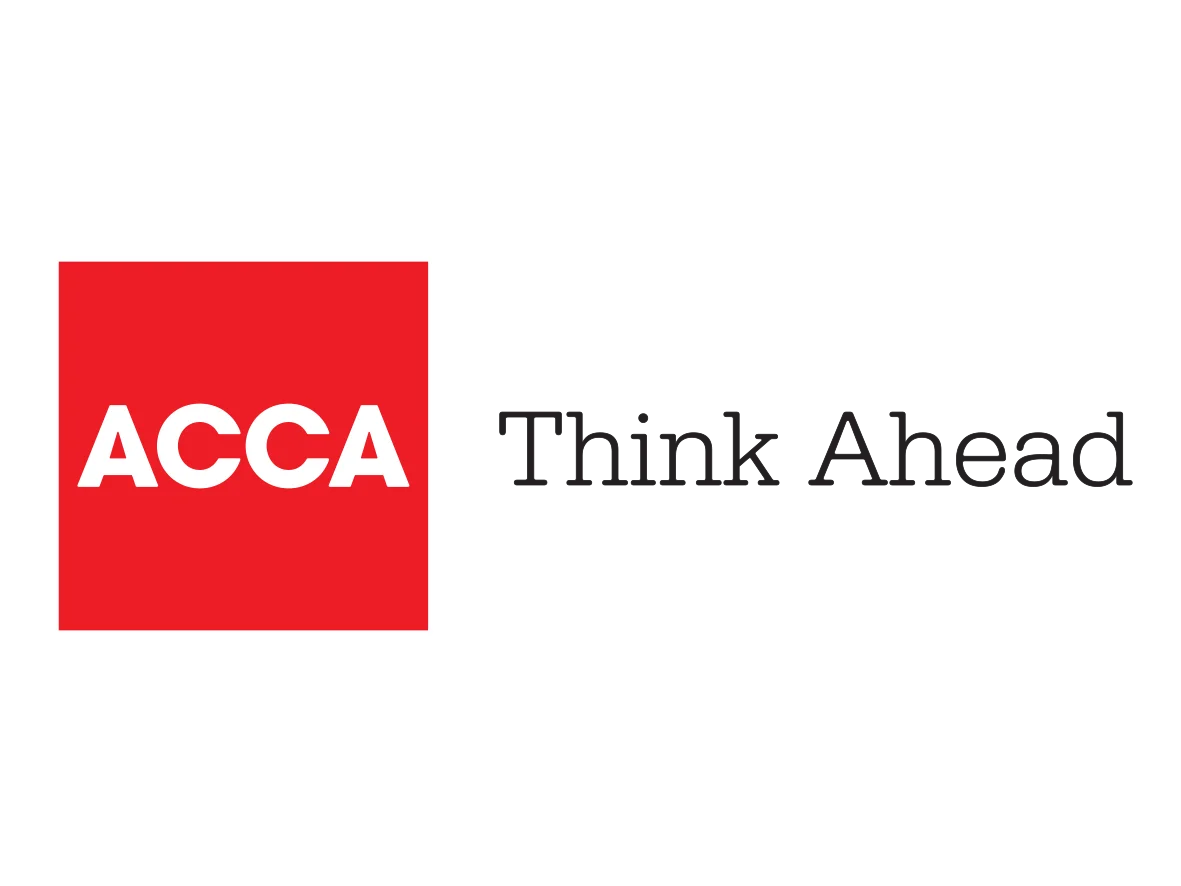Our Guide to Tax Advice For Small Businesses In Hampshire
Running a small business in Hampshire is rewarding, but when it comes to sorting out your taxes, things can quickly get confusing. Between keeping the books balanced, staying on top of HMRC deadlines, and making sense of what you can and can’t claim – it’s no wonder tax is one of the biggest stress points for small business owners.
That’s where the right advice makes all the difference. Tax isn’t just about ticking boxes. It’s about understanding what you owe, what you can save, and how to stay compliant without losing sleep over it. And for businesses based in Hampshire, getting tax advice that’s tailored to local conditions and industries can make things a whole lot simpler.
In this guide, we’re diving into the essentials of tax advice for small businesses in Hampshire. Whether you’re just starting out, growing fast, or simply want to avoid common mistakes, we’ll cover what you need to know – in plain English. From VAT decisions and business expenses to planning ahead for tax bills, this blog is designed to help you take control of your finances with confidence.
And if it still feels like a bit much, HT Advisory is here to help. We work with small businesses across Hampshire, offering practical, down-to-earth tax advice with no jargon and no fluff. Let’s get started.
Why Small Businesses in Hampshire Need Specialist Tax Advice
It might seem like tax is tax, no matter where you’re based. But if you’re running a business in Hampshire, having someone who understands the local landscape really matters why is why we give tax advice for small businesses in Hampshire.
Different councils, local business grants, and even regional economic trends can affect how you manage your finances. For example, if you’re working with local suppliers or selling services across borders (into Surrey, Sussex, or Dorset), that can impact how your taxes are handled. A local advisor knows the ins and outs of these details and can help you avoid costly mistakes.
Specialist tax advice also means understanding the common challenges that small businesses in Hampshire face. Whether you’re in the trades, retail, creative industries, or professional services, each has its own quirks when it comes to allowable expenses, VAT thresholds, and bookkeeping requirements.
At HT Advisory, we don’t just hand over a spreadsheet. We get to know your business, your goals, and your day-to-day operations so we can give you advice that actually fits. It’s personal, practical, and focused on helping you grow without tax worries holding you back.
Common Tax Mistakes Made By Small Business Owners
Even with the best intentions, small business owners often fall into the same tax traps. These mistakes can lead to penalties, cash flow problems, or unexpected bills at the worst possible time.
One of the most common issues is missing deadlines. Whether it’s a tax return or VAT submission, delays can lead to fines from HMRC. These fines stack up quickly and often catch people off guard.
Poor record-keeping is another big one. Scraps of paper, old receipts, or relying on memory might work in the short term, but it makes life much harder when it comes to filing returns or proving expenses.
VAT errors also crop up regularly. From applying the wrong rate to missing the registration threshold, simple slip-ups can lead to significant costs.
And then there’s claiming for things that aren’t actually allowable. Personal items, travel that isn’t business-related, or meals that don’t meet HMRC rules can all cause trouble later on.
HT Advisory supports with giving tax advice for small businesses in Hampshire to help catch these problems early and prevent them from repeating. Getting things right the first time saves money, time, and a lot of stress.
What Counts As A Business Expense (And What Doesn’t)
Understanding what you can claim as a business expense is essential for staying compliant and saving money. But many small business owners in Hampshire still find this area confusing.
Allowable expenses are costs that are “wholly and exclusively” for your business. That includes things like office supplies, staff wages, professional fees, website hosting, and equipment. If you use a home office, a proportion of your bills may also count.
What doesn’t count? Personal items, meals not related to business activity, or anything that mixes personal and business use too much. For example, buying a new laptop for both work and Netflix could raise questions unless the use is clearly documented.
Service-based businesses in Hampshire often miss expenses like mileage, subscriptions to industry tools, or client entertainment that falls within HMRC’s guidelines. These are all valid but need to be recorded properly.
At HT Advisory, we help you understand the difference so you don’t leave money on the table – or claim something that causes a red flag. We can also suggest cloud-based tools to track it all as you go, making year-end much less stressful.

Should You Be VAT Registered?
Not every small business in Hampshire needs to be VAT registered, but once your turnover hits £90,000 in a 12-month period (as of 2024), it becomes a legal requirement. Even if you’re under the threshold, registering voluntarily can still make sense – depending on your clients and industry.
If your customers are mostly VAT-registered businesses, you may benefit from reclaiming VAT on expenses. But if you sell direct to the public, adding VAT could make you more expensive and impact sales.
There are two main VAT schemes to consider. The Standard VAT Scheme means you pay and reclaim VAT based on your actual sales and purchases. The Flat Rate Scheme, often used by small businesses, simplifies things. You pay a fixed percentage of your turnover and can’t reclaim VAT on most purchases, but the admin is easier.
The right option depends on your setup. HT Advisory helps small business owners work out the pros and cons of each scheme based on real numbers, not guesswork. We’ll make sure you stay compliant and avoid surprises.
Tax Planning Tips To Stay Ahead
Good tax planning is all about staying one step ahead. Waiting until the end of the financial year often leads to last-minute stress and missed opportunities to save money.
Start by forecasting your income and setting aside a percentage each month for tax. This avoids a nasty shock when your bill arrives. You can also plan for big purchases or investments so they fall in a tax year where the benefit is greatest.
Using cloud accounting software like Xero or QuickBooks makes life much easier. These tools track income, expenses, and VAT automatically, so you always know where you stand. At HT Advisory, not only do we give tax advice for small businesses in Hampshire but also recommend platforms/software to clients and provide setup and support if needed.
It’s also smart to keep up with changing tax rules. Allowances and thresholds shift from year to year, and what worked last year might not be the best option now. A quick check-in every quarter helps keep your strategy fresh and aligned.
Most importantly, don’t wait until January to think about your taxes. Planning early puts you in control – and we’re here to guide you through every step.
How HT Advisory Helps Small Businesses In Hampshire
At HT Advisory, we understand that no two businesses are the same. That’s why we don’t believe in one-size-fits-all tax advice. Instead, we take the time to understand your goals, challenges, and how your business works on a daily basis. That’s the only way to offer advice that actually makes a difference.
Our team supports Hampshire-based businesses with everything from self-assessments to corporation tax, VAT, and payroll. We work with you throughout the year, not just at deadline time, so there are no last-minute surprises.
Whether you need help getting set up properly or want to make sure you’re claiming everything you’re entitled to, we’re here to support you. You can explore our full range of services on our website, or get in touch to arrange a chat.

Quick-Fire FAQs: Tax Advice for Small Businesses in Hampshire
Q1: When do I need to register as self-employed?
As soon as you start trading and earning income from your business, you must register with HMRC. Ideally, within the first three months.
Q2: What records do I need to keep for my business?
You should keep invoices, receipts, bank statements, and any documents that show your income and expenses. These records must be kept for at least six years.
Q3: Can I claim my home office as a business expense?
Yes, if you work from home, a portion of your bills (like electricity, broadband, and rent or mortgage interest) may be claimed based on the space and time used for work.
Q4: What’s the current VAT threshold?
As of 2025, the VAT threshold is £90,000 in rolling 12-month turnover. If you go over this, you must register.
Q5: Do I need an accountant, or can I do it myself?
Many small business owners start by doing it themselves, but an accountant can help you avoid mistakes and save money in the long run.
Q6: How do I stay on top of tax deadlines?
Use a digital calendar, sign up for HMRC alerts, or work with an accountant like HT Advisory who reminds you and handles the paperwork for you.




